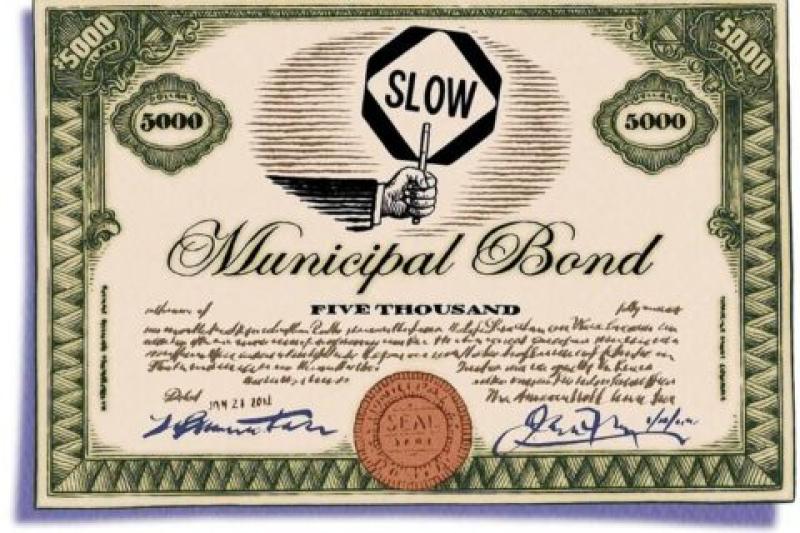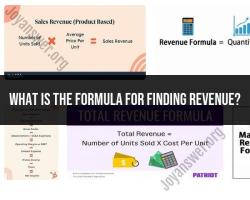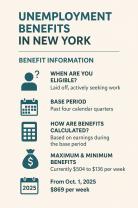Should I buy municipal bonds?
Deciding whether to buy municipal bonds depends on various factors, and it's important to carefully consider your financial goals, risk tolerance, and overall investment strategy. Municipal bonds, or "munis," are debt securities issued by state and local governments to fund public infrastructure projects and other initiatives. Here are some factors to consider when evaluating whether to invest in municipal bonds:
Advantages of Municipal Bonds:
Tax Advantages:
- Interest income from municipal bonds is often exempt from federal income tax. In some cases, it may also be exempt from state and local income taxes, especially if you invest in bonds issued by entities within your state of residence.
Stability and Safety:
- Municipal bonds are generally considered lower-risk investments compared to stocks. They are backed by the taxing power of the issuing municipality, providing a level of stability.
Regular Income:
- Municipal bonds pay periodic interest, providing a steady income stream for investors seeking regular interest payments.
Diverse Offerings:
- Municipal bonds come in various types, including general obligation bonds and revenue bonds, offering investors different risk and return profiles.
Considerations and Risks:
Interest Rate Risk:
- Like other fixed-income securities, municipal bonds are sensitive to changes in interest rates. If interest rates rise, the market value of existing bonds may decrease.
Credit Risk:
- Municipalities vary in financial health, and some may be at a higher risk of default than others. Research the creditworthiness of the issuer before investing.
Lack of Liquidity:
- Municipal bonds may not be as liquid as more actively traded securities, which could impact your ability to sell them quickly in the secondary market.
Market Conditions:
- Economic conditions and financial market trends can impact the performance of municipal bonds. Economic downturns may affect the ability of municipalities to meet their financial obligations.
Tax Considerations:
- While interest income from municipal bonds is often tax-exempt, this may not be the case for all bonds. It's essential to understand the specific tax implications based on your individual circumstances.
Your Investment Goals:
Income Needs:
- If you are seeking a steady income stream, municipal bonds can be attractive due to their regular interest payments.
Risk Tolerance:
- Consider your risk tolerance and investment time horizon. Municipal bonds are generally considered conservative investments, but they still carry some level of risk.
Diversification:
- Assess your overall investment portfolio. Municipal bonds can be a valuable component for diversification, especially if you are looking to balance risk across different asset classes.
Financial Advisor Guidance:
- Consult with a financial advisor to assess how municipal bonds align with your overall financial plan and investment strategy.
Before making any investment decisions, it's crucial to conduct thorough research, understand your own financial situation, and, if necessary, seek advice from a financial professional. Additionally, stay informed about economic conditions, interest rate trends, and any changes in the financial health of the municipalities issuing the bonds you are considering.
What factors should be considered when contemplating the purchase of municipal bonds?
Deciding whether or not to invest in municipal bonds requires careful consideration of several factors. Here are some key aspects to ponder:
1. Tax Advantages:
- Municipal bonds are generally exempt from federal income taxes. This can be a significant advantage for investors in higher tax brackets.
- Some states also exempt municipal bond interest from state and local income taxes. This can further increase the attractiveness of these investments for residents of those states.
2. Credit Rating:
- Credit rating agencies assess the creditworthiness of municipal bond issuers. This includes factors such as the issuer's financial strength, debt level, and ability to repay its debts.
- Investors should consider purchasing bonds issued by municipalities with strong credit ratings. This will help ensure that they receive their interest payments on time and that the principal is repaid at maturity.
3. Yield:
- The yield on a municipal bond is the interest rate that it pays. This is determined by the credit rating of the issuer, the term of the bond, and the prevailing interest rates.
- Investors should compare the yield on different municipal bonds before making a purchase decision.
4. Maturity:
- The maturity date is the date on which the principal of the bond is repaid. Investors should consider their investment goals and how long they want to hold the bond.
- Bonds with longer maturities generally offer higher yields than bonds with shorter maturities.
5. Call Risk:
- Some municipal bonds contain a call provision, which allows the issuer to repurchase the bond before its maturity date. This can be disadvantageous for investors if interest rates rise, as they may not be able to reinvest the proceeds at a higher yield.
- Investors should be aware of the call risk associated with any municipal bond before purchasing it.
6. Liquidity:
- Municipal bonds are generally less liquid than other types of investments, such as stocks. This means that it may be more difficult to sell a municipal bond before its maturity date.
- Investors should consider their investment time horizon and how easily they may need to access their funds before purchasing municipal bonds.
7. State and local factors:
- The financial health of the state or local government that issued the bond can impact its creditworthiness. Investors should research the issuer's financial situation before making a purchase.
- Consider the potential for changes in state and local taxes, which could affect the value of your investment.
8. Diversification:
- Municipal bonds can be a good way to diversify your investment portfolio. This can help to reduce your overall risk.
- Consider investing in municipal bonds from different states and localities to further diversify your portfolio.
9. Alternatives:
- Compare municipal bonds with other tax-advantaged investments, such as Treasury bonds and high-yield corporate bonds.
- Consider whether there are other investments that may better suit your investment goals and risk tolerance.
10. Consulting with a financial advisor:
- A financial advisor can help you evaluate your investment goals and risk tolerance and recommend whether municipal bonds are a good fit for your portfolio.
- They can also help you research specific bond issues and choose bonds that are appropriate for your needs.
Ultimately, the decision of whether or not to invest in municipal bonds is a personal one. By carefully considering the factors discussed above, you can make an informed decision that is right for you.











